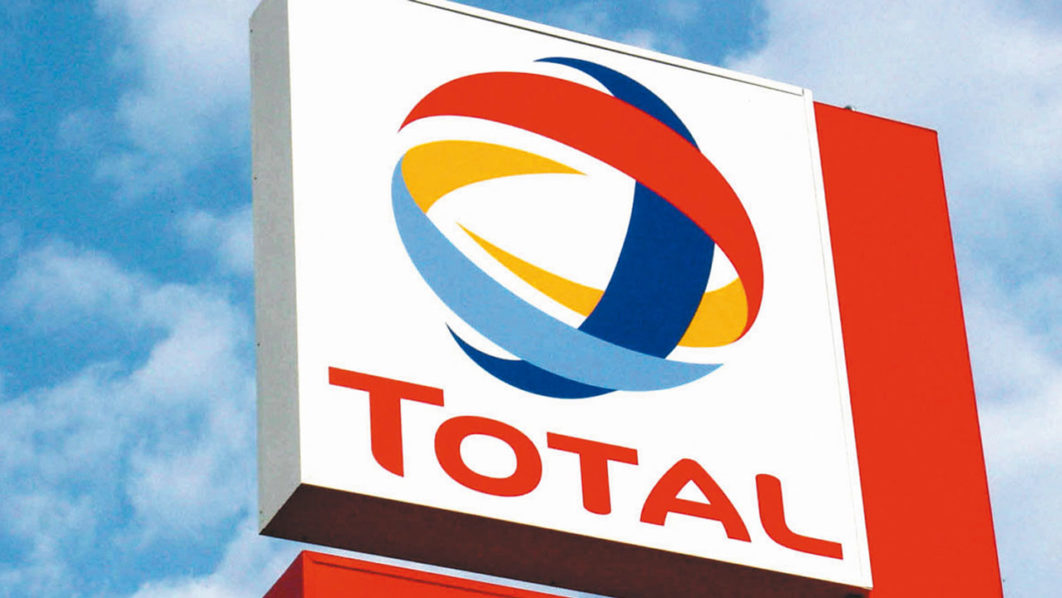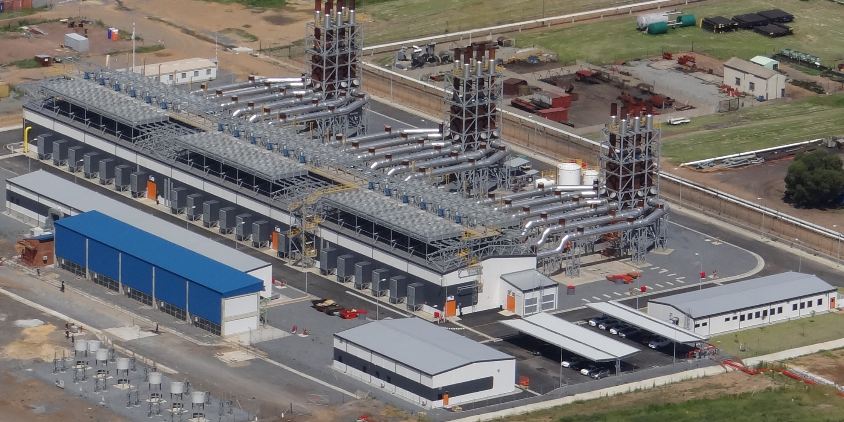More disturbing details have emerged on why the contractual agreement between the Nigerian Petroleum Ministry and British firm, Process & Industrial Development Limited (P&ID) on the construction of accelerated gas development project planned for Cross Rivers State failed.
Already, a United States court recently gave a $6.59 billion default decision against the Federal Government for the failure over what it described as thwarting a gas deal involving the British firm, but the federal government has remained mute in the face of the confusion.
Business Hilights gathered that the failed deal originally was designed in a way that the Federal Government was to source for natural gas from oil mining leases (OMLs) 123, and 67, operated by Addax Petroleum and supply to P&ID to refine into fuel suitable for power generation in the country.
Besides, the initial volume was about 150 million standard cubic feet (mscf) of gas per day with the target of rising within the period to about 400mscf under a 20-year period.
The British gas giant had alleged that after signing the agreement, the government reneged on its obligation after it opened negotiation with the Cross River State Government for allocation of land for the project.
Also, it decried that inability of the government to deliver the agreed pipeline system to supply the gas frustrated the construction of the gas project, thereby depriving it the potential benefits expected from the 20 years’ worth of gas supplies.
Whereas the NNPC image chief has maintained silence on the failed deal, P&ID had said attempts to settle out-of-court with the federal government failed, which was why in August 2012, it served the Nigerian Government a Request for Arbitration.
Before the matter was ruled upon, Nigerian government had argued at the Tribunal that “The failure of P&ID to acquire the site and build Gas Processing Facilities was a fundamental breach, and that no gas could be delivered until this has been done.”
However, the tribunal ruled that the Nigerian Government’s obligations under Article 6B were not conditional upon P &ID having constructed the gas processing facilities.
In an interview, the Chairman, Petroleum Technology Association of Nigeria (PETAN), Bank-Anthony Okoroafor, traced the collapse of the multibillion dollar deal to government’s complacency and indecision rooted on the none availability of requisite regulatory framework for the success of the scheme ab-initio.
According to him, “All these issues would have been resolved if we had our Petroleum Industry Bill covering governance, fiscal administration and host community passed and signed into law. We will have all the gas fiscal terms properly addressed, and there would no more be ambiguities.”
Okoroafor averred that as far as Nigeria continues to drive the nation’s oil and gas industry with the analogue and outdated 1969 Petroleum Act which had no recourse to modern dynamics in global gas exploration and management business that, headway in the sub-sector remains bleak.
While stressing the urgent need for the delivery of Petroleum Industry Governance Bill (PIGB) and other parts of the three-segmented new industry law still languishing at the National Assembly, he argued that under the prevailing circumstance, the gas sub sector will continue to remain in the dark.
Accordingly, PETAN boss noted that “Fiscal terms must not be left for different interpretations by different people. I do not have the full details of this transaction to be able to comment on who is right or wrong, but we should as a country learn to honour the sanctity of contracts.”
Responding to interview questions on the decline of presidential assent to the passed PIGB, President of the Senate, Bukola Saraki, said the National Assembly will continue to mount necessary pressure to get presidential assent to the Petroleum Industry Governance Bill.
Saraki who spoke at a dinner organised as part of activities at the ongoing 24th Nigerian Economic Summit in Abuja, averred that the resolve by the legislature to mount pressure to ensure the bill gets presidential assent has become necessary, given its importance to the development of the oil and gas sector in Nigeria.
It would be recalled that President Buhari had also communicated its decline of assent to the PIGB 2018, citing constitutional and legal reasons in the bill.
The Senate president said that it was unfortunate that the bill had not been assented to, adding “we took it as a responsibility to drive that bill to a level it has never been in a decade’’.
“That bill, a lot of people when we started said we cannot do it, but we demonstrated we have the political will and the commitment to do it.
“We passed the governance bill and it went to the executive.
“What I expected considering the kind of work that was done was for us both arms to sit down because the issues that were raised are not issues that are not surmountable.
“Unfortunately, after so many months, the bill has come back with a query, that can easily be trashed out in a day session.
“Those in the petroleum sector will agree with me that they have never seen the engagement we saw in the governance bill.
“Secondly, we had the fiscal bill and we have taken it to the point that has never been archived, but I believe a lot of the operators will want to ask what will happen to the fiscal bill if the governance bill was not assented to.
“Our intention is to go back to the executive and sit down with them in the interest of Nigeria.
“This is a very good bill as most operators and the technical people in the sector commended it.’’
Dr Saraki argued that “The observation made on the bill was not enough reasons to stop its assent because of the huge positive impact it would make on investments in the sector”.









